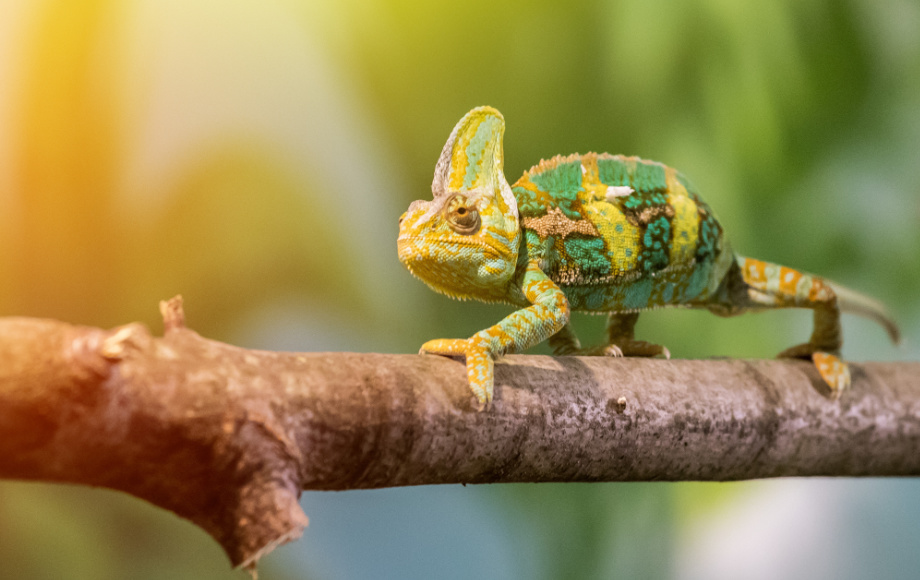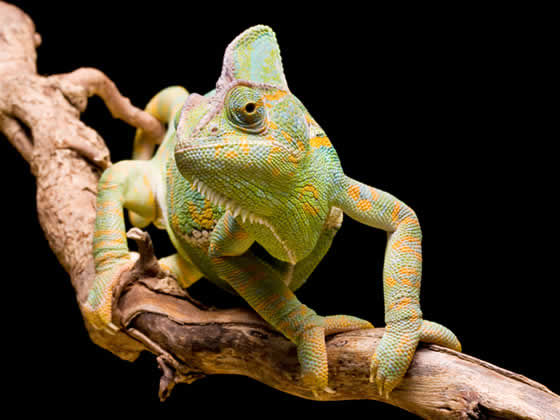Supplements: Calcium and vitamins
by Admin
Posted on 16-10-2023 04:10 PM

In the wild, chameleons get the vitamins they need from the insects they eat. However, captive chameleons may not be getting enough vitamins in their diet. Vitamin a is important for chameleons, and can be found in dark leafy greens and orange vegetables.
 Vitamin d3 is also important, and can be found in calcium-rich foods or supplements.
Vitamin d3 is also important, and can be found in calcium-rich foods or supplements.
Symptoms: swollen legs, rubbery jaw, exposed gums, curved spine, uncoordinated movements. Prevention: offer adequate amounts of uvb lighting, gut-load, and dust insects with calcium. Treatment: mild cases may be reversed with extra calcium supplements, severe cases require veterinary intervention with injectable vitamins. pet /Buy-a-Chameleon">https://www.wikihow.pet/Buy-a-Chameleon
Extra calcium for chameleons
Apart from insects, chameleons can benefit from some extra calcium through their meals. Let’s dive into the world of calcium-rich foods and how they can make your chameleon’s diet even healthier!.

They will either get their calcium from the food they eat and the supplements. Fortunately, chameleons cannot overdose from getting too much calcium. If there is too much calcium in their body, the extra calcium will simply be excreted when the chameleon poop. Most people may notice a white substance near their chameleon’s nose. This is usually mistaken for calcium excretion. The white substance is actually salt crystals, much like sweats in humans.
Each animal has been uniquely suited to take in the nutrients available to them in their environment. It is our job to replicate these nutrients in captivity. Doing so for our dogs and cats is almost too easy as there are teams of scientists working full time determining the nutritional requirements of those pets to put a bag on the shelf for you to buy. We in the chameleon world are not so lucky and must figure much of this out by ourselves! as so we do. One central truth we must embrace is that proper nutrition is more than just food.
Vitamin preparations should always be stored in a container tightly closed, cool, dry and dark. Storage close to the cage lights or in front of a window with a high incidence of light and strong humidity is counterproductive. Freezing can extend the shelf life of vitamin preparations, but this is unsafe. Even well-stored vitamins will expire within a year. Better than freezing excess powder is to buy smaller units. For application, you can put the feeders in a clean cricket box. Then add the required amount of vitamin powder and shake briefly and vigorously. After that, the feeders should be fed to your chameleon immediately.